Disinfect your cell phone: Which disinfectants are really good?
The World Health Organization (WHO) has declared the corona virus a pandemic. One of the best ways to prevent infection is to maintain good hygiene – ie. wash our hands regularly (for 20 seconds) and do not touch our face. Studies have shown that the virus can survive up to nine days on some surfaces. This also applies to the smartphone screen. The device that you use all the time and that you often push to the side of your face is one of the dirtiest objects around us. This means that bacteria, viruses or other germs that get on your phone or case can be easily transferred to your skin. Regular cleaning is therefore essential. We will tell you how to disinfect your cell phone and which disinfectants you should best avoid.
Disinfect your cell phone with disinfectant wipes
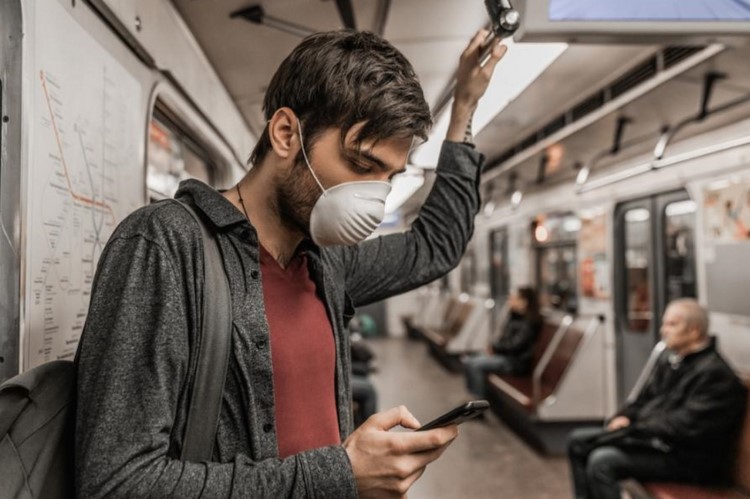
Earlier this week, Apple adjusted its cleaning recommendations. The change is due to growing concerns about the coronavirus epidemic. The iPhone manufacturer writes on its website that you can safely clean your iPhone with disinfectant wipes like Clorox. (* Clorox is only available in the USA. Sagrotan disinfectant wipes are an analog product on the German market).
“With a wipe containing 70 percent isopropyl alcohol or Clorox disinfectant wipes, you can gently wipe the hard, non-porous surfaces of your Apple product, such as the display, keyboard, or other outside surfaces. Do not use bleach. Avoid moisture entering the openings and do not immerse your Apple product in cleaning agents. “
At the end of this article you will find a link to the Apple support website. You can also learn how to clean the Apple Watch and other Apple products there.
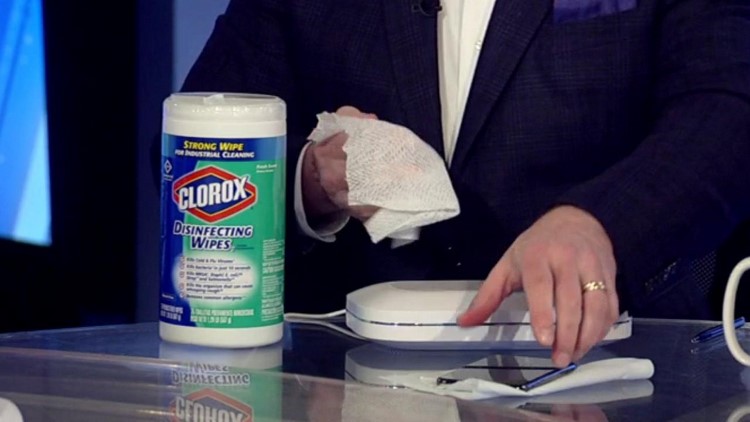
Disinfectant wipes are now considered safe for use on smartphone displays. However, there are still cleaning agents that need to be avoided. While you may see good results initially, these harder methods may damage the screen (or possibly the internal components). Apple advises that glass cleaners, household cleaners, compressed air, sprays, solvents, ammonia solutions, abrasives, or hydrogen peroxide cleaners should not be used to clean the iPhone. Cleaning products and abrasive materials reduce the dirt and grease-repellent (oleophobic) coating and can scratch your iPhone.
Some websites suggest making your own disinfectant from isopropyl alcohol and water, but it is crucial to get the right alcohol level. If the solution is made incorrectly, you can damage your phone.
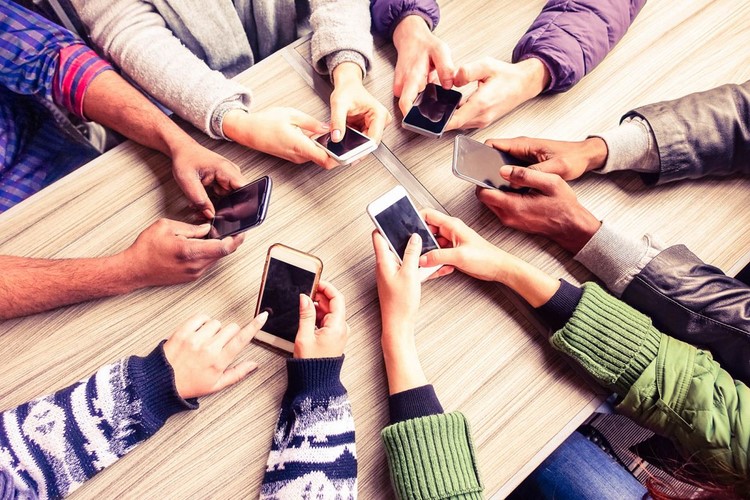
The recently revised cleaning guidelines from the North American telecommunications group AT&T recommend “spraying a non-abrasive or alcohol-based disinfectant (70% isopropyl) directly onto a soft, lint-free cloth and wiping the device while it is switched off and disconnected from the power supply”.
Here are a few additional tips from AT&T:
- Instead of giving your phone to other people, you share information such as Photos via text messages.
- Since germs can collect on devices, avoid placing your cell phone on public surfaces, for example in the toilet, on the train, on tables in restaurants.
- To minimize the device's exposure to your face, try using a Bluetooth handsfree or wireless headphones during a call.
Can you rinse waterproof cell phone models with water?
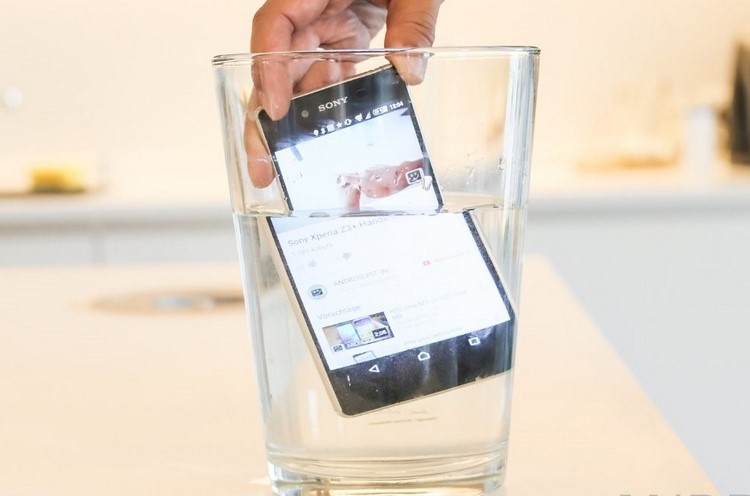
If you have a waterproof smartphone with protection class IP67 and higher (such as the iPhone XR, iPhone X, iPhone 8, iPhone 8 Plus, iPhone 7 and iPhone 7 Plus and the Galaxy S7, S9 and also Note 10), you can use it in usually rinse with water. According to this IP certification, these models survive immersion to a depth of 1.50 meters for a maximum of 30 minutes. However, it is better to use a damp or wet cloth with warm soapy water to clean your phone. Then dry your phone with a dry, soft cloth to remove the water. Be sure to dry all speakers and connectors.
If you immerse the phone in water or hold it under a tap, water will get into the ports, which means you won't be able to charge it until it's dry, and this may take some time. Remember that a waterproof phone has more to do with security than with the intention of taking the phone with you for a swim.
8 home remedies that you should never use to clean your smartphone
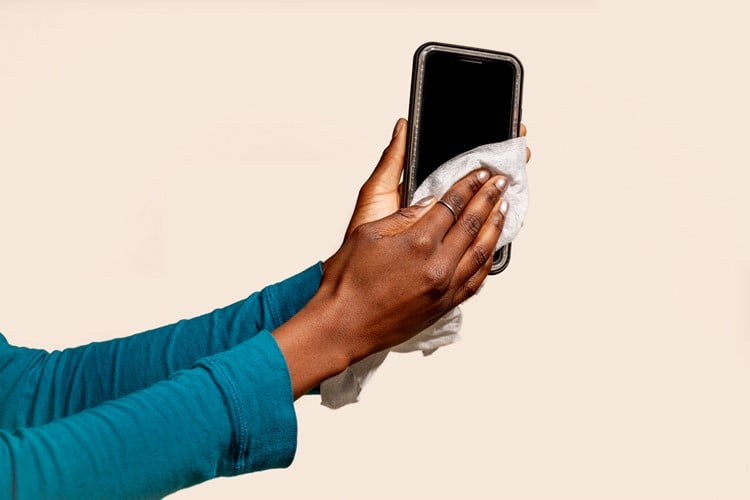
Window cleaner / glass cleaner
You clean your mirrors and windows with glass cleaner and they're squeaky clean, so does it have to be okay to use them on your phone? Not correct! Some newer models, like the iPhone XR, have a protective coating that resists water, dirt and grease and can wear out over time. Using strong detergents can remove the coating and make your phone more susceptible to scratches.
Household cleaners
Kitchen cleaners can also reduce this protective coating. For this reason, Apple also recommends not using household cleaners to clean your iPhone, including bleach.
Paper towels
Paper towels are not suitable for cleaning the smartphone. The paper can tear, making the deposits on your phone considerably worse. Paper towels can even scratch the screen.
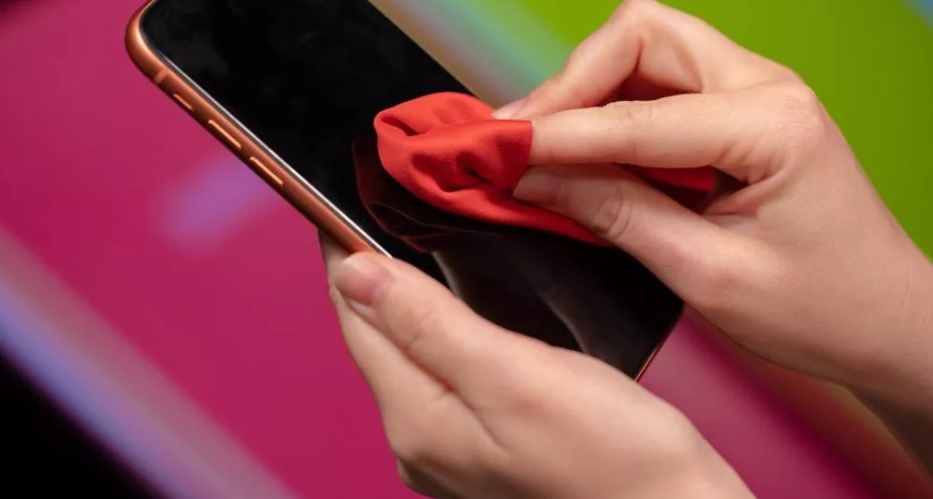
Make-up remover
Some makeup removers may contain chemicals that can damage the coating on the display.
Compressed air
Blowing a large amount of air into the openings of the smartphone can cause damage, especially to your microphone. Tech companies like Apple explicitly warn against using compressed air.
Detergent and hand soap
While detergents and hand soaps can have a gentle effect, they are always used in combination with water. Most tech companies recommend keeping water away from your phone.
vinegar
This is a no-go. Vinegar removes the coating on the screen. However, you can use very dilute vinegar to clean the back and sides. A 50/50 solution with distilled water should be fine.
Swell:
Support document for cleaning the iPhone
“Ways You Can Keep Your Personal Devices Sanitized and Safe” by AT&T
Disinfect the post cell phone: Which disinfectants are really good? appeared first on Deavita.com | Living ideas, design, hairstyles, make-up, lifestyle, health and beauty tips.





















